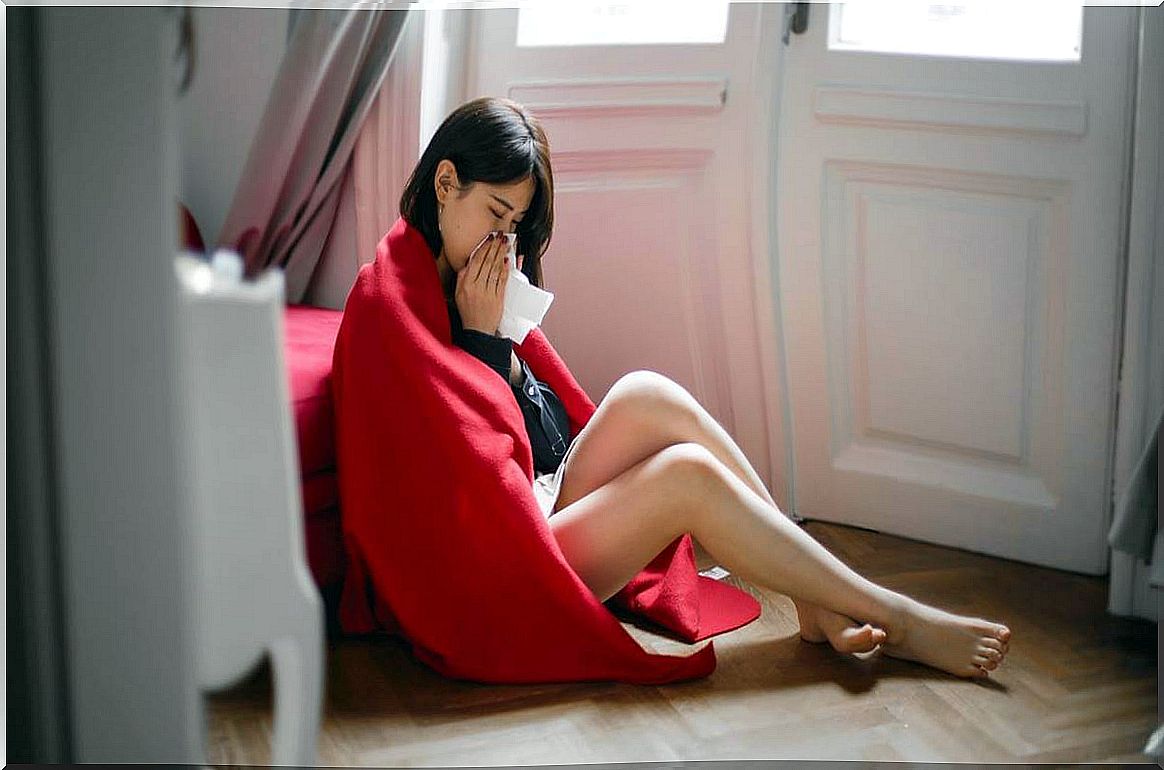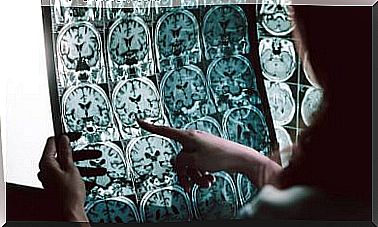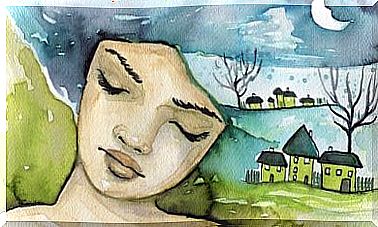Anxiety And The Immune System, How Are They Related?

Anxiety and the immune system are closely linked and often exhausting to health. Both stress states and anxiety disorders maintained over time produce hormonal changes and alterations in the defenses and the immune response. Something like this is seen, for example, in people who chain one cold after another and who go through times of great fatigue.
In these situations, it is of little use to us to resort to vitamin supplements or orange juices rich in vitamin C. Not if we continue without offering an adequate response to that underlying mental state that, whether we want it or not, ends up affecting our health. Tachycardia, shortness of breath, dizziness, sleep disturbances … Sometimes, we neglect the great impact that these psychological conditions have on the body.
As the well-known psychotherapist Albert Ellis said, few mental states are as irrational and destructive as excessive anxiety, high anger or pronounced fear. Today, we can add another rider, that of the anguish that uncertainty brings. We know that the current situation is not easy and that, as the World Health Organization (WHO) points out, mental health problems will increase in the coming years.
It is time to become aware. It is time to understand much more how the mechanism of anxiety changes us and what we can do about it.

Anxiety and the immune system: relationship, symptoms, therapeutic measures
Knowing that if we suffer anxiety we have a higher risk of falling ill worries and even angers. However, we must stop at a small nuance. Anxiety like stress by itself is not dangerous nor does it rise as a type of response that one should avoid at all costs. They are actually coping mechanisms that allow us to better adapt and respond to everyday challenges.
The problem comes when these states and this psychophysiological activation are continuous. In these cases, the biochemical alterations they generate are intense and are evidenced by common illnesses (colds, fevers, allergies …). In relation to this issue, it is worth highlighting, for example, a study carried out at the Mount Sinai School of Medicine, New York, New York.
Although more work is needed to understand the relationship between anxiety and the immune system, we know that having lived through stressful events, suffering from depression and suffering from sustained anxiety over time produce neuroendocrine and neurotransmitter alterations. Let’s dig a little deeper.
Anxiety and the immune system what are the symptoms?
The body is very prone to weakening when we go through times of high concern, stress and anxiety. Something that most of us will agree on is that in these situations it is common to suffer more headaches, muscle aches, etc. Now, how do you know if the immune system is weak due to these psychological conditions?
- Chaining one cold after another would be the first symptom.
- Be more prone to flu.
- Feeling tired, weaker than usual.
- It is also common to suffer skin problems, such as irritations, eczema, etc. All this is due to excess cortisol in the body, which stimulates the release of histamine, which can end up causing this type of dermatological disorders.
- Likewise, it is also common to have an increased risk of suffering infections.
What is the cause?
If we ask ourselves what is the cause of this relationship between anxiety and the immune system, the key is in cortisol. When stress or anxiety rises and we maintain it for days, months (or years) this hormone increases its levels in the bloodstream. The same goes for adrenaline. The presence of these neurochemicals, which in turn act as hormones, affect the resistance and health of the immune system.
Likewise, there is also an excess production of glucose. This also alters the body’s defensive response when it comes to dealing with pathogens.

Reduce anxiety to improve defenses (and quality of life)
What do we focus on first? In raising the defenses or in managing anxiety? The most appropriate in all cases is to apply a multidimensional approach. That is, physical health and psychological health always go hand in hand, therefore we will attend to both spheres at the same time. Therefore, it is advisable to have medical supervision and the support of a psychologist.
Let’s see, however, what strategies can help us.
Understand what anxiety is and how it works
Anxiety is a normal and adaptive reaction that appears in situations of worry, stress or uncertainty. In case of not handling it, giving it space and prevalence, it produces a functional deterioration that affects the quality of life. Thus, the person must understand that there are three areas to focus on. They are as follows:
- Thoughts.
- Emotions.
- Behaviors
Learn to think better: cognitive restructuring
Cognitive restructuring starts from the idea that people reinforce negative mental patterns that affect the way we feel. It is essential that we learn to detect these dysfunctional thoughts and beliefs in order to work on them.
Emotional self-control of anxiety
Anxiety is a box full of messy emotions that we don’t understand and that we usually avoid. As unpleasant as those internal emotions are, you have to recognize them, understand them, and understand their message. Little by little, we will feel freer and we will have more competition over them.
Correct diet and active life
If anxiety and the immune system are closely related, we must create healthy lifestyle habits to improve defenses. How? These would be some clues:
- Natural, fresh and varied food. We will avoid saturated fats, frozen foods, refined flours and all those inflammatory foods.
- Foods rich in magnesium, fiber and of vegetable origin are the most indicated.
- It is also important to maintain an active life. Going for a walk every day or practicing a sport will be of great help to us.
- Sleep between 7 or 8 hours a day.
To conclude, although each person lives and experiences anxiety in a different way, its effects are always harmful and debilitating. Let’s learn to know our enemy and to live with him in a healthy way. We cannot eliminate it from our lives, but we can manage it so that it allows us to enjoy a good balance.









